Content:
Having decided to start breeding rabbits, you should know that among other domestic animals, these are quite whimsical in terms of keeping, and especially in feeding. A properly selected diet is half the success in growing eared ones. In order to get high-quality rabbit fur and dietary meat in a short time, you need to carefully study what rabbits eat at different times of the year, because their summer diet is significantly different from the winter one.
Feed groups
The rabbit diet must be selected so that the food is balanced and varied, and the food is rich in vitamins and other useful substances. So what should you give your rabbits? The following groups of feed are distinguished here.
Green
Meadow grasses and those greens that grow in the garden in the village. This is the most inexpensive way to feed rabbits, which provides them with healthy food for a fairly large period of the year - from spring to late autumn. Rabbits receive vitamins and minerals necessary for growth and further reproduction.
For the owners of a small livestock, a small summer cottage will be enough to feed him, if you sow a little peas, alfalfa, quinoa, cilantro there. You can also plant corn from what rabbits eat. What rabbits eat especially willingly is the tops of root crops. Common weeds are well suited for feeding rabbits: nettle, burdock, wheatgrass.
Rough
Dried herbs are just as good for rabbits and can even top the list of what to feed rabbits. This group includes straw and small branches. They are given to animals from late autumn to early spring.
Hay is considered one of the main food sources for improving digestion. For a good diet, dried grass cut in meadows or in the steppe can be given. It is useful to add twigs of bushes, as well as trees, to the rabbit diet, since animals have one feature - the constant need to grind the incisors.
In terms of its energy value, food from branches is not worse than hay harvested from medicinal herbs, since it is enriched with protein, amino acids, and also carotene, there is a complete set of minerals and fats.
Juicy
Succulent feeds are the easiest for their pets to digest and digest quickly. This is due to the fact that they contain up to 80% water. They contain substances necessary for growth and healthy for rabbits: fiber, carbohydrates, vegetable fats, a rich composition of vitamins and mineral components. The category of juicy includes such vegetables and fruits as beets, cucumbers, potatoes, radishes, pumpkins, onions, carrots, garlic, zucchini, pumpkin, fodder watermelon, banana, apple, etc.
Despite the fact that there are not so many vitamins in the composition, potatoes contain starch that is easily digestible by the rabbit's body.
When feeding rabbits, only sugar and fodder beets are used. You can add both tops and tubers to the mash. The vegetable is rich in nutrients such as proteins and fats, which help improve blood composition.
From what rabbits eat, cabbage is perhaps one of the most favorite treats. But overuse can lead to bloating. Cabbage contains enough vitamins, minerals and fiber that the animals need to grow and replenish their offspring.
Carrots are rich in useful essential oils, fatty acids and minerals. The eared ones are usually given raw carrots, whole or cut into slices.
Feeding pumpkins to rabbits is considered beneficial. It is rich in vitamins. It is usually given from autumn to early spring, since the vegetable is suitable for winter storage. The pumpkin is most often cut into small pieces and only then put into the trough.
Zucchini is given in summer and autumn due to the extremely short shelf life. It contains a sufficient amount of water useful for the body. In this case, less drinking water should be added to the drinker.
After harvesting for the winter, many have waste. Can rabbits be given peeling potatoes, cabbage leaves, watermelon rinds, and banana peels? Surely this is exactly what rabbits love. In addition, banana peel is very useful due to the presence of vitamins and fiber in its composition, but the bananas themselves are extremely fresh and in small quantities.
Concentrated
They are high in calories and enriched with proteins and minerals. But the amount of trace elements in them is much less in comparison with other types of food. It is recommended to give concentrated feed to those rabbits that are grown directly for fattening: cereals (oats, barley, buckwheat), compound feed, legumes, bone meal and fish meal.
What to give rabbits from concentrated feed - breeders should pay attention to crops:
- Oats are rich in protein, starch, fiber and fat. Oats are given to rabbits both whole and in crushed form.
- Buckwheat is a valuable source of energy and vegetable protein. Thus, it enables the animals to grow actively.
- Corn is much more nutritious than oats. But for the incisors of the animal, corn is quite hard, so it should be soaked before serving the rabbits.
- Wheat is rich in phosphorus and other beneficial elements. Most often mixed with fresh grass, as well as coarse and succulent feed.
Among what you can feed rabbits, oats are especially beneficial. This cereal helps to normalize the intestinal activity of the animal. Moreover, it can be used in feeding rabbits of any age group.
Concentrated feeds include compound feed, which has gained great popularity. Animals love to feast on both loose and granulated feed. Components useful for rabbits are most often added to it, and it can also be used in conjunction with various medicines.
What to give in winter
In winter, the body of any living creature requires more vitamins and other nutrients, because it is during this period that they are in short supply. Therefore, with the arrival of cold weather, rabbit breeders must take care of the nutritional value of those feeds that are added to the mash. It is important to maintain an optimal diet in cold weather. The amount of food that should be given to rabbits in winter depends on the age, sex and well-being of the animal.
What to give in summer
The ration of feeding rabbits in summer is noticeably different compared to winter. At this time, the eared ones can be pampered with juicy and green food, which are abundant in summer:
- if the rabbit is fattening, he should add 700 g of grass and 70 g of concentrated feed to the mash;
- shaggy on vacation will be enough 700 g of greens and 30 g of enriched feed;
- when mating, males need 800 g of greens and 40 g of feed;
- felted females are given 800 g of greens and 50 g of feed;
- rabbits after giving birth are entitled to 1.2 kg of greenery and 70 g of feed;
- to rabbits aged 1 to 6 months. 300-600 g of greens and 20-60 g of concentrated mixtures are enough.
Rabbit feeding rules
Novice farmers, in order for their pet to receive adequate nutrition and actively gain weight, need to know some of the digestion features of these animals. The owners will have to strictly monitor the feeding regime of the rabbits, otherwise a violation or the slightest deviation from the regime threatens with improper production of gastric juice. An adult usually approaches its feeder about 20 times a day. Thus, fresh food should be replenished in his bowl regularly, but in small quantities.
For animals, the number of feed times and the regimen itself can vary significantly. It depends on many factors:
- females during lactation and babies up to 2 months. should receive food 4 times a day;
- for young animals that were transplanted from their mother, and for adult rabbits, it is enough to receive food 2-3 times a day.
Hosts should also make sure that there is always fresh and clean liquid in the drinker. It is necessary to exclude its overheating in summer and make sure that the water is not covered with ice in winter.
What should not be given to rabbits
Since rabbits are inherently gentle creatures and have a very sensitive digestive system, novice farmers should learn the list of foods that are prohibited from pets. Otherwise, the livestock will get sick, which will subsequently cause the death of animals. What does not recommend to feed rabbits? Should be given in limited quantities or completely excluded from the diet:
- sugary, salty and sour foods - can lead to bloating;
- Freshly cut and wet grass is dangerous for rabbits - for the same reason;
- milk, sour cream, cottage cheese and cheese are prohibited, milk protein is harmful to animals;
- sunflower seeds, millet, rice, millet - will not be beneficial;
- some plants will also be poisonous for animals (mustard, colza, celandine, euphorbia, crocus, dope, cicuta, lumbago);
- some vegetables (red beets, cabbage, potatoes) - their use can lead to severe diarrhea;
- legumes, nuts, alfalfa - give limited;
- hay for livestock should be harvested only in environmentally friendly areas (not near highways or industrial plants).
Only balanced, varied, enriched with nutrients and high-quality nutrition of rabbits can ensure their active development, growth and reproduction. Compliance with the feeding regime and the correct diet will allow breeders to increase their livestock. Now that you know what rabbits eat, it is not difficult to build a successful breeding business.
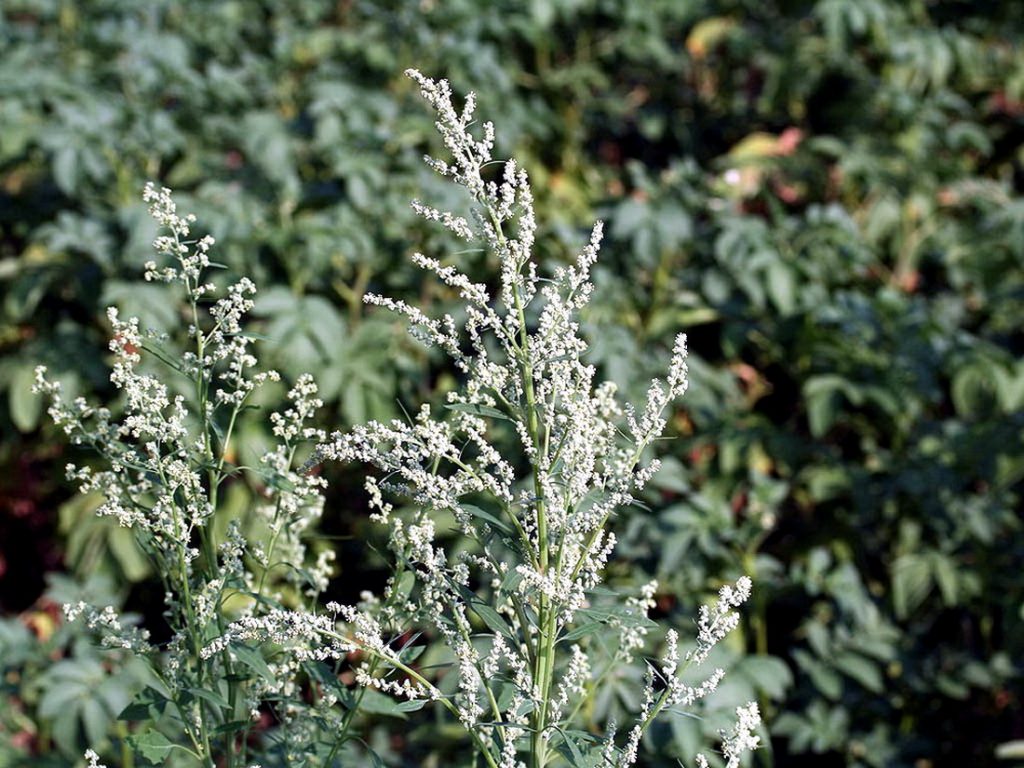
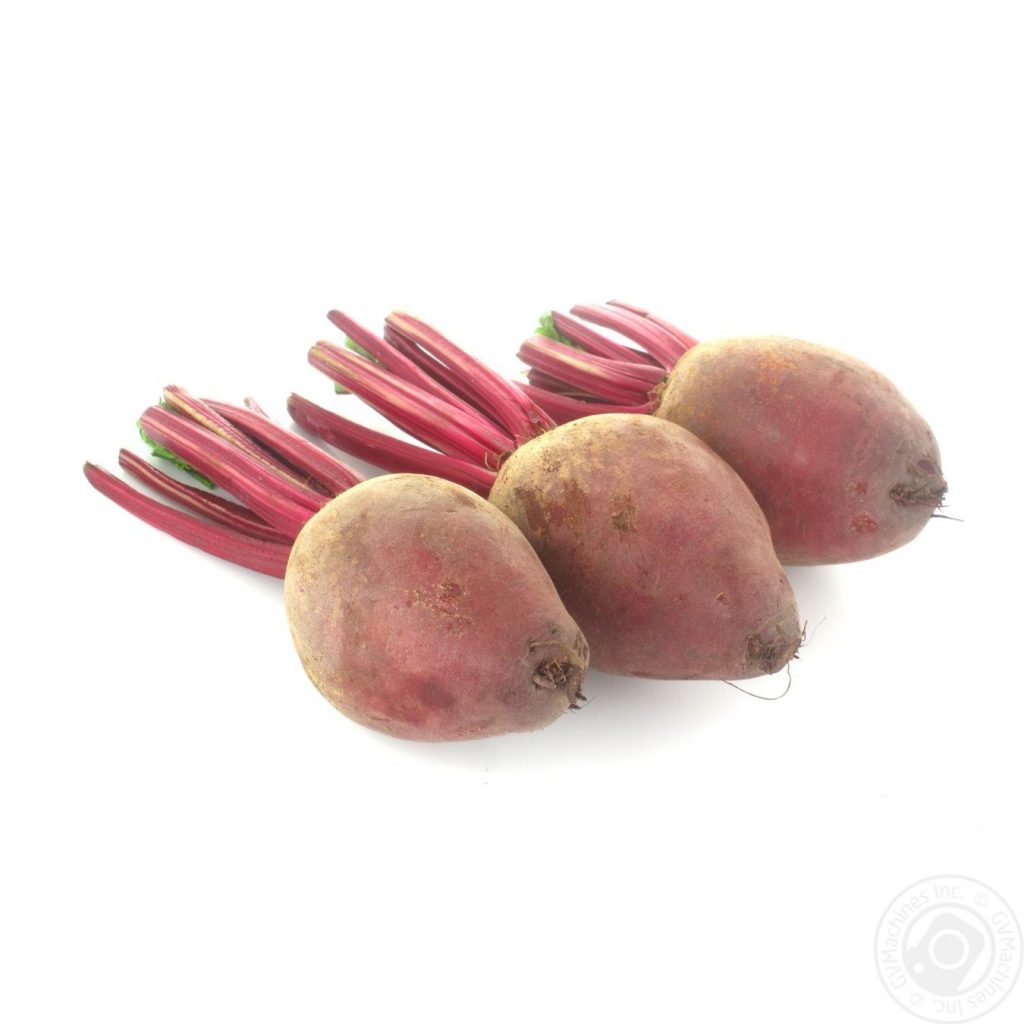
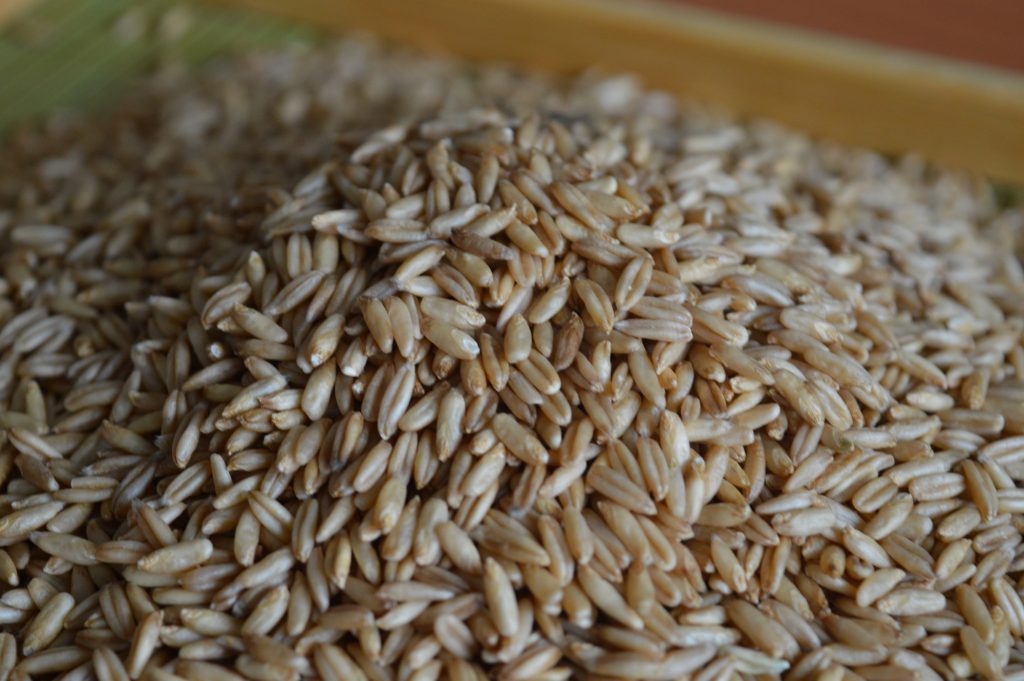
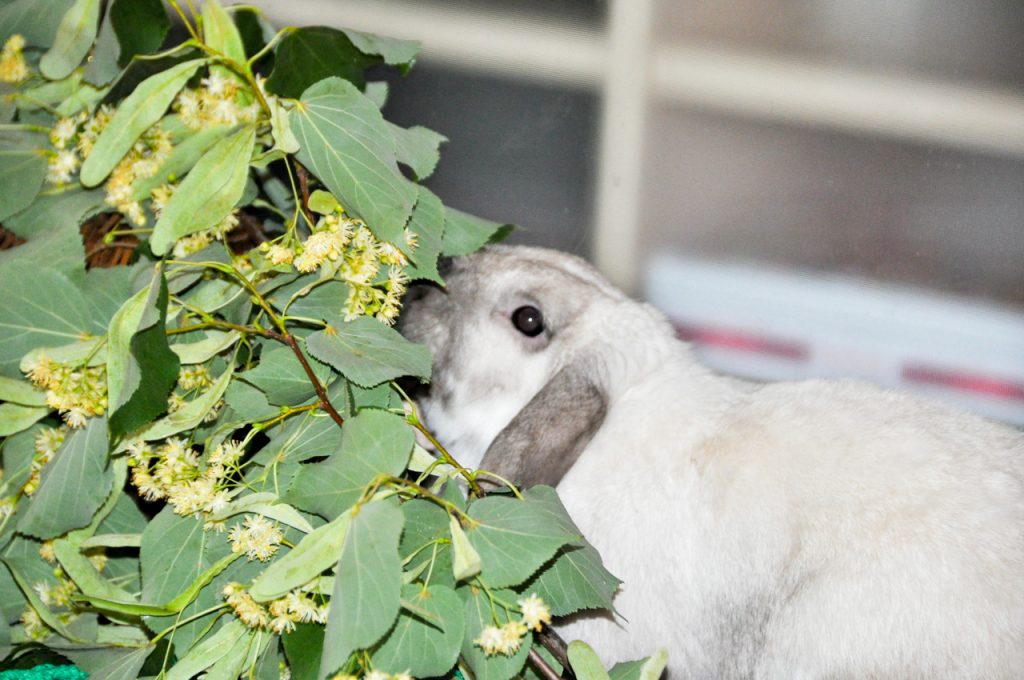
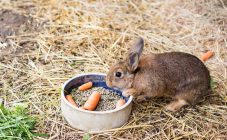
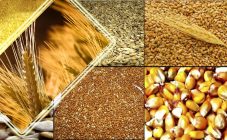
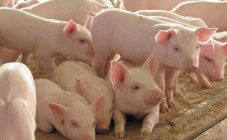
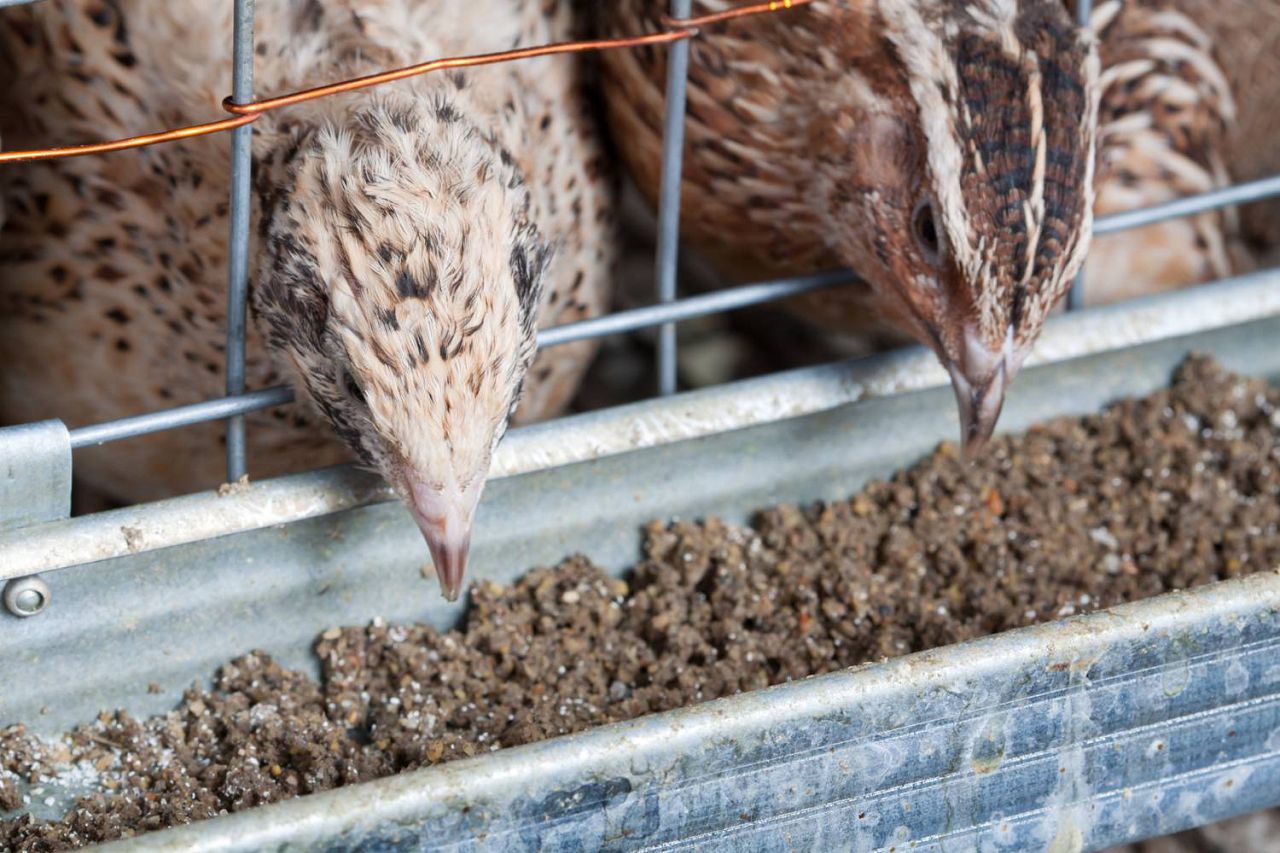
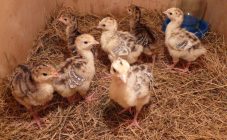
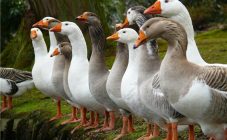







Hello everyone, I bought myself a rabbit to eat for the new year, but the fucker does not allow to kill him, well, while I am feeding him, what can I give him so that he grows faster